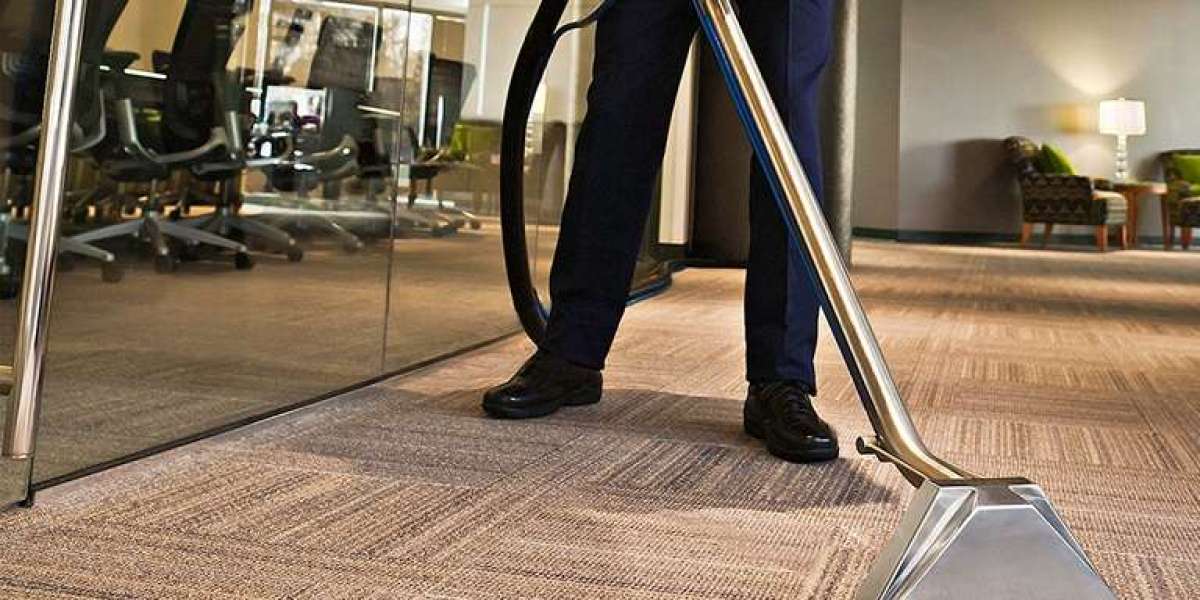As the world moves toward eco-conscious living, our choices in furniture are becoming just as important as the choices we make in food, clothing, or transportation. One piece of furniture that plays a key role in our daily lives is the study table. For students, professionals, and lifelong learners, the study table is a hub of productivity. But have you ever wondered how sustainable your study table design is?
Eco-friendly study table designs not only help reduce environmental impact but also create healthier learning environments. By incorporating sustainable materials, ethical production methods, and energy-efficient designs, a study table can support a greener future while shaping a mindful mindset for the user. Let’s dive deeper into the world of sustainable study tables and explore how they contribute to both productivity and planet-friendly living.
1. Why Choose Sustainable Study Table Designs?
The furniture industry is a significant contributor to deforestation, carbon emissions, and waste. By choosing eco-friendly study table designs, you actively participate in reducing this impact. A sustainable study table is crafted with renewable or recycled materials, designed for longevity, and produced with minimal harm to the environment.
From a psychological perspective, working at an eco-friendly study table creates a sense of responsibility and mindfulness. It allows students and professionals to align their learning environment with their values, making each study session a step toward a greener future.
2. Materials That Make a Difference
The heart of a sustainable study table lies in its materials. Eco-conscious manufacturers often use:
Reclaimed Wood: Repurposed timber reduces the need for fresh logging while maintaining durability.
Bamboo: Fast-growing and renewable, bamboo is lightweight yet strong, making it ideal for study table designs.
Recycled Metal and Glass: These materials reduce landfill waste and give study tables a modern aesthetic.
Non-toxic Finishes: Eco-friendly paints and polishes eliminate harmful chemicals, creating healthier indoor air quality.
Choosing a study table made from these materials ensures both functionality and sustainability.
3. Durability Over Disposable Designs
Sustainability is not just about materials—it’s also about longevity. A well-crafted wooden study table that lasts for decades is far more eco-friendly than a cheaply made option that breaks within a few years. Investing in a durable study table reduces waste and ensures that fewer resources are consumed in the long run.
Durability also impacts the user’s mindset. A sturdy study table creates a sense of stability and reliability, making it a trusted companion for learning, work, and creativity.
4. Multi-Functional Study Tables for Minimalist Living
One of the most sustainable approaches in modern homes is multifunctionality. A study table that doubles as a home office desk, hobby corner, or storage unit reduces the need for multiple pieces of furniture. This not only saves space but also minimizes the overall environmental footprint of your home.
Minimalist study table designs promote the idea of living with less while doing more. By embracing multifunctional furniture, families reduce overconsumption and encourage greener living.
5. Energy-Efficient Study Table Setups
Sustainability extends beyond materials to the way a study table is used. A study table placed near a window maximizes natural light, reducing dependence on artificial lighting. Pairing the table with LED lamps and energy-efficient gadgets creates a workspace that consumes minimal electricity.
Smart study table designs also incorporate built-in charging docks or cable organizers to reduce clutter and promote responsible gadget usage. These small adjustments encourage eco-conscious habits during everyday learning and work.
6. The Role of Local Craftsmanship
Supporting local artisans and manufacturers plays a vital role in sustainable furniture choices. Locally crafted study tables reduce the carbon footprint associated with long-distance shipping and support regional economies.
Moreover, many local craftsmen use traditional methods and natural finishes, which are both eco-friendly and long-lasting. Choosing a handcrafted study table not only benefits the environment but also adds uniqueness and authenticity to your home.
7. Psychological Benefits of Eco-Friendly Study Tables
Sustainable furniture influences not only the planet but also the mind. A study table designed with natural materials like wood or bamboo creates a calming environment. Nature-inspired designs have been proven to reduce stress, increase focus, and boost creativity.
When students or professionals use an eco-friendly study table, they feel a sense of purpose and pride. This connection enhances motivation, making study sessions or work hours more meaningful and productive.
8. Kids and Eco-Friendly Study Habits
For children, a sustainable study table for students is an opportunity to learn values of responsibility and environmental care from an early age. By providing kids with an eco-friendly study table, parents create awareness about the importance of protecting nature.
A colorful, child-friendly design made from safe, non-toxic finishes ensures that kids not only enjoy learning but also grow up with sustainable habits. Over time, this nurtures eco-conscious individuals who carry these values into adulthood.
9. Study Table Styles That Support Sustainability
Sustainable study tables are available in various styles to suit modern homes:
Minimalist Wooden Study Tables: Simple designs that focus on functionality and durability.
Foldable Study Tables: Compact and space-saving, ideal for small apartments.
Study Table with Storage: Reduces clutter and prevents the need for additional storage furniture.
Upcycled Study Tables: Made from repurposed materials, adding creativity and uniqueness to your workspace.
By selecting the right design, you not only support a greener future but also add elegance to your home.
10. Conclusion: Building a Greener Tomorrow with Study Tables
Sustainability begins at home, and your choice of study table design can be a powerful step toward a greener tomorrow. From reclaimed wood and bamboo to energy-efficient setups and multifunctional designs, eco-friendly study tables combine style, functionality, and responsibility.
Beyond being just furniture, a sustainable study table is a statement of values. It symbolizes care for the planet, support for mindful living, and commitment to healthier learning environments. As modern homes evolve, the eco-friendly study table stands as a reminder that every decision—no matter how small—can contribute to a brighter, greener future.
By choosing sustainable study table designs, you not only create a productive workspace but also take part in shaping a world where learning and living go hand in hand with protecting the environment.






